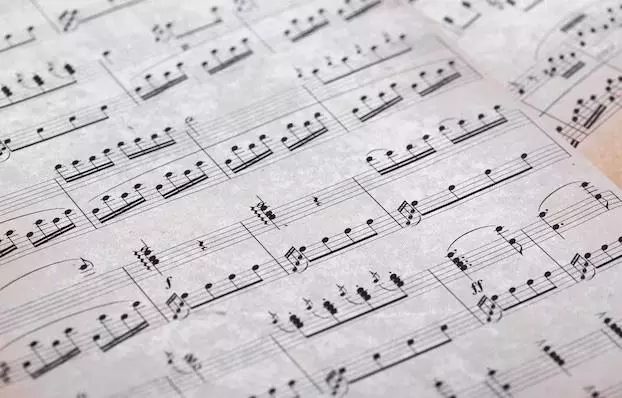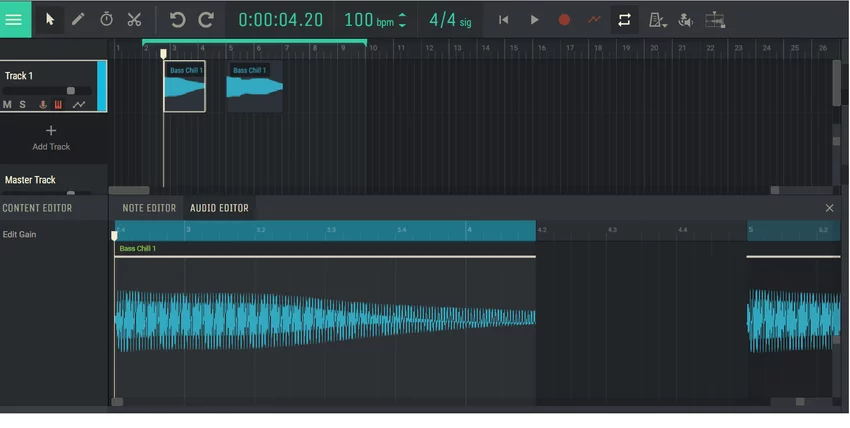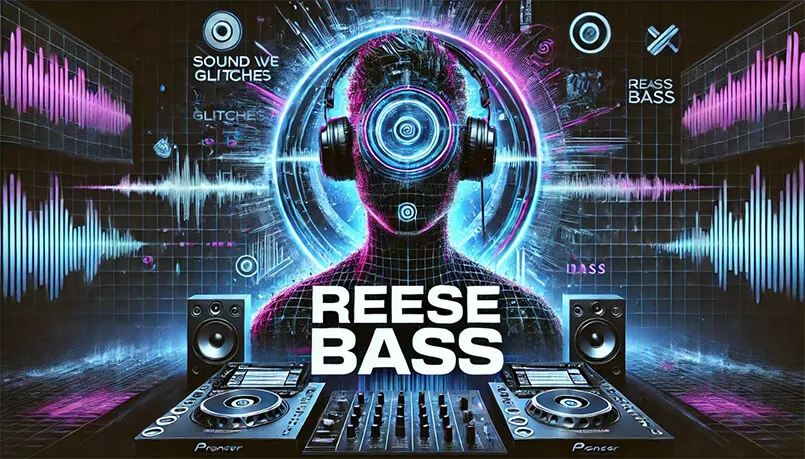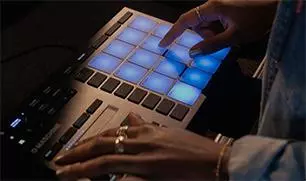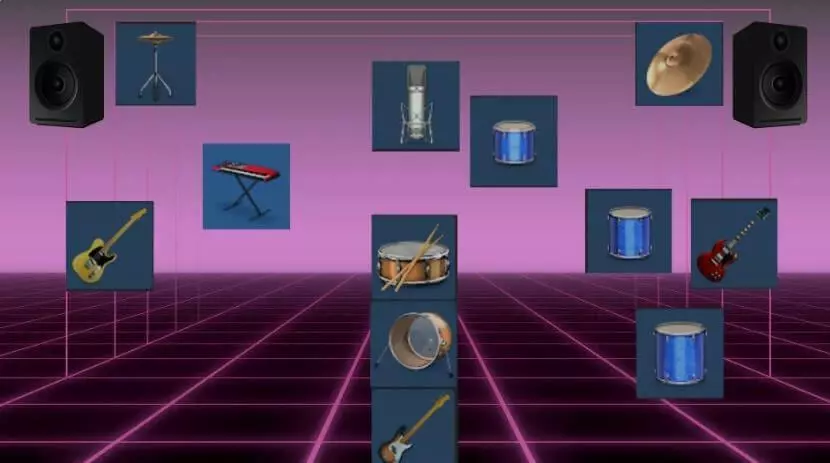Audio production
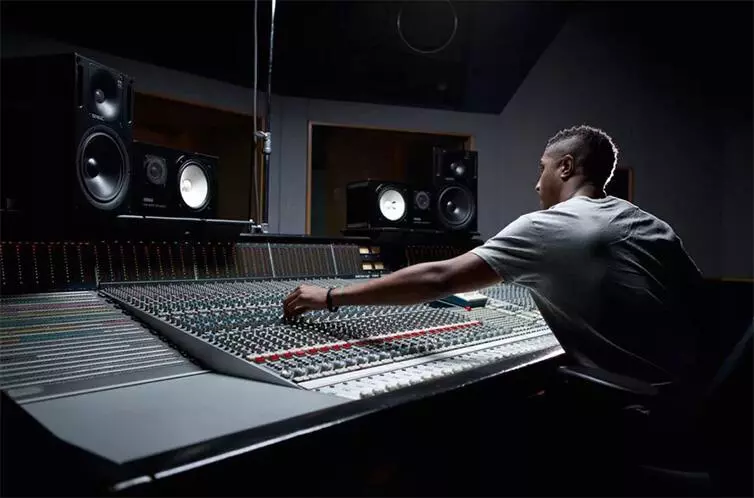
So, if you are reading this article, you are seriously considering the idea of becoming a music producer. This is realistic considering the resources and tools available today to start a showbiz. And, of course, you need patience, perseverance, a little bit of musician talent. In this material, we will tell you in detail what audio production is, what is the essence and subtleties, where to start training and what technical achievements will help to achieve a positive result. Let’s get started!
What is audio producing
Audio production is a branch of the music business that involves the creation of music tracks, their processing and arrangement. Beginners often confuse audio production with music production. This is not entirely true. Writing music is more of a part of audio production. The tasks of an audio producer / audio director are much broader and more versatile.
In what areas is audio production used?
Making music is wonderful, like any art. But it is desirable that creative pursuits still generate income. Where and how audio production is used, in what areas and industries is an audio director in demand:
- Cinematography;
- Advertising;
- Music business;
- Theaters, show programs online, offline, on TV or radio;
- Exhibitions and presentations;
- Web resources design.
A sound engineer or audio producer can work either on the staff of a film company or recording studio, or on a freelance basis.
Even if you do not reach great heights in audio production, you can create original mixes and ringtones for yourself, friends and family. A song that you have invented and recorded yourself is not an original, unforgettable gift for your girlfriend, daughter or father?
Sound engineer / producer skills
To understand in which direction to work, let’s decide what a producer should be able to do. The main skills are:
- Writing songs;
- Arrangement – music processing;
- Recording in a home or professional studio;
- Editing audio files;
- Mixing music;
- Creation of a completed composition – mastering.
Do not be alarmed! Not all successful audio producers have the full talents listed. Nature has given something, other skills need to be developed. But all points of audio production are important, since these are not only skills, but at the same time the stages of creating a musical single. Let’s take a quick look at each of them.
Song writing
This is where audio production begins. The saying “As you name the boat, so it will float” is by the way here. If a song is bad initially, it cannot be turned into a hit even with the best professional treatment. Someone’s creativity allows them to produce a full-fledged album in a week. Others will take months to create one track, special mood and inspiration. The ways and means of making music are not limited. But if the base isn’t good enough, mixing and arranging won’t fix it. It’s easier to create a new one.
Arrangement
Practice shows that in most cases, the arrangement begins already at the stage of writing a song. This is the selection of verses, choruses, refrains, inserts that are added by voice, instruments or effects. They form the structure of the song for a stronger audio and emotional experience. The structural elements of the song are:
- Introduction and completion – the arrangement determines their duration, growth, ending;
- Instrumental breaks – how many there will be, where they will be placed;
- Song building, culmination and decline.
The music arrangement may change while the song is being written, this is normal. Creative ideas come along in the process.
Remember! Making music takes daily work. And very often this work is routine and tedious.
Recording
This is the stage that most aspiring musicians envision as actually creating a song. But to get there, you first need to create a good foundation and a clear arrangement. Then you can turn on the microphone, connect musical instruments, and tune tracks.
Basically, recording is a preview of the finished creation. You will hear it live for the first time and, of course, you will make changes, perhaps, to all the already completed works – the text, the main motive, the arrangement. It’s okay too. Only after listening to the sounding song, you will understand where to add and where to remove.
Editing
Partially editing is combined with recording. You start it while recording and listening to a track. And you finish after recording, when the final version is ready, you just need to select and combine the most successful, strong moments. You have already identified the best and now you are collecting it into a single composition. Modern tools and programs for audio production, including free online ones, allow you to change the key of the sound, pitch, overlay several tracks. Experiment – a good solution can come naturally out of the blue.
Mixing
An optional moment, it is used if you create several versions of songs at once. This is the stage where audio producers can relieve themselves after hard work and have some real fun. Without mixing, the track turns out to be sluggish and lifeless. And plugins and tools add dynamism. Use reverb, delay and acceleration, equalizer.
The end result should be a composition that sounds better than it did after recording and editing. The listener may not emphasize the sound of each instrument, but as a whole listen to a bright, catchy track. It’s like accessories to a fashionable look: it was already very good, but then they added small, at first glance imperceptible details – and it became great.
Mastering
Mastering is the packaging of finished songs into one album or songs into a ready-to-release track. The task of mastering is to remove unnecessary sounds, interference, provide good loudness, which is accepted today, and arrange the music so that it sounds the same in any conditions, on any speakers, in headphones, on the radio or on a gadget. As Matt Forger said, this is what gives music power, volume, clarity and depth.
For a beginner in audio production, mastering on their own will be challenging. If you do not have the means to hire a professional and enlist his support, such software as LANDR, eMastered, iZotope 8 can help. There are paid and free versions. Not enough free – shell out for the full package.
Be careful! Too much mastering doesn’t mean too good. Sometimes less is better. To compare how far you’ve gone and for the better, do an A / B test between the original version of the track after editing and mixing and after mastering. After mastering, the song sounds more powerful, deeper – but not completely different.
Difference between sound engineering and audio production
The sound engineer and audio producer are colleagues. There is only one difference (and it is significant!). The sound engineer doesn’t create music. He works with a single already written. Although in the end his work can be equated with creating a new composition. But he already receives the basis from the author.
But the audio producer leads the process of creating a track from scratch to mastering – this is real audio production. He can use the services of the same sound engineer, mixer, mastering engineer. But the main thing is that he must approve, confirm the last result and release it. And he also gets all the laurels after the release of a successful track (which may sometimes not be entirely fair in relation to the working team, but …).
In other words, if you want not only to create music, but also to get recognition – go to the producers. The main thing for you is the creative process – delve into the study of the intricacies of sound engineering.
Sound engineering and audio production training
There are three ways:
- Study online by watching master classes, webinars, etc. Video tutorials on audio production are quite effective, the most important thing is that they can be watched repeatedly as much as necessary;
- Offline courses and faculties of audio directing – they are paid, last from several months to several years. The good news is that you communicate with your own kind (students) and those who have already reached certain heights (teachers). You get to know audio production and production cuisine from the inside out, and this is valuable;
- Self-directed audio production training – for the nugget enthusiast. But it doesn’t have to be a failure. Someone was always the first. Perhaps you are one of those rare lucky ones who are lucky enough to accidentally master the very layout on an old Asus that will sound like a ringtone all over the world in six months.
By the way! Audio production training is lifelong. Get ready for it, a certificate of completion for online courses with honors doesn’t make you a guru in the world of music.
Learning Tips
There is only one advice – work and study, study and work. Audio production should be learned from people with a successful track record in this field. Listen more, read more. It is advisable to practice music, creation and processing every day. Professionals recommend working in the same room. This makes it easier to learn to pick up the sound, its movements, changes. Yes, there are only seven notes in music. But there are many options for their arrangement and processing, especially with the use of modern tools.


